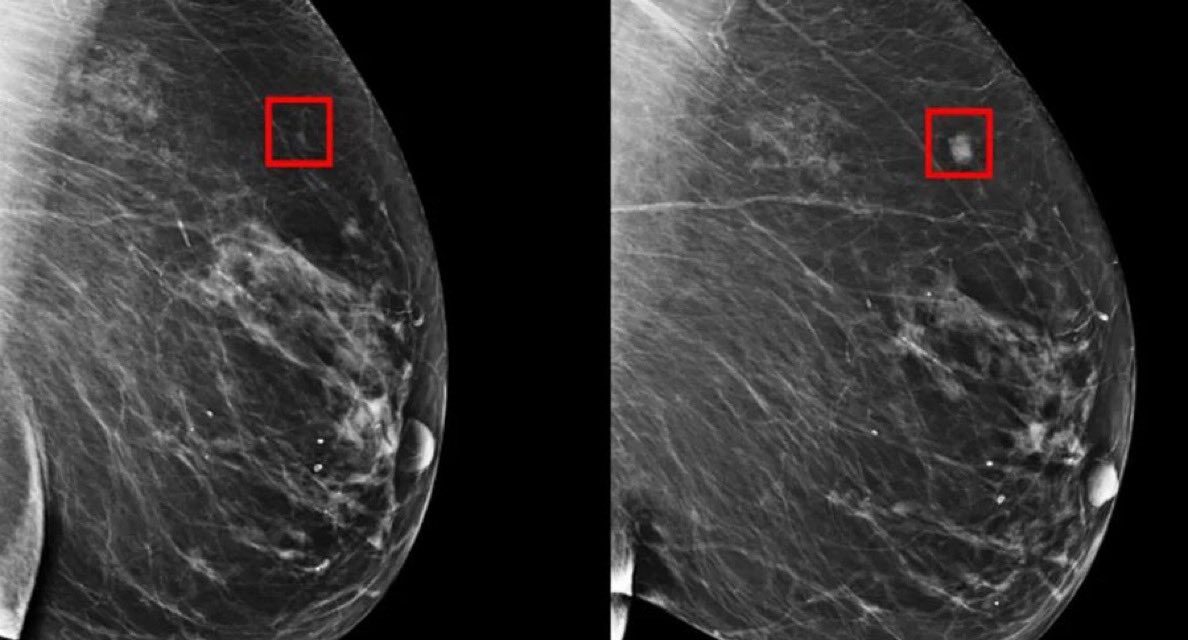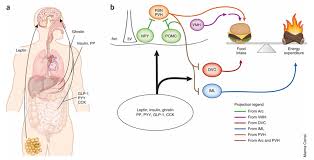In a groundbreaking study published in Nature, researchers have uncovered a critical connection between sensory neurons and the progression of breast cancer, revealing a novel pathway that could lead to new treatment strategies. The research highlights how sensory neurons within breast tumors contribute to cancer growth and metastasis—a significant advance in understanding how tumors interact with their microenvironment.
Key Findings:
- Neuro-Cancer Crosstalk: The study identifies a previously unknown interaction between sensory neurons and breast cancer cells. Sensory neurons within the tumor secrete a neuropeptide that accelerates both the growth and spread of cancer. This discovery introduces a new dimension to cancer research, emphasizing the role of the nervous system in tumor progression.
- SLIT2 Gene and Neuropeptide Substance P: The research team, led by Veena Padmanaban from Sohail Tavazoie’s lab, found that the SLIT2 gene, involved in neural growth, contributes to enhanced sensory innervation in aggressive tumors. The sensory neurons release a neuropeptide called substance P, which interacts with cancer cell receptors to drive tumor growth and metastasis.
- Potential Treatment with Aprepitant: An FDA-approved drug, aprepitant, commonly used to prevent nausea in chemotherapy patients, has shown potential in preventing breast cancer metastasis. The study found that aprepitant, a TACR1 antagonist, could impede the growth and spread of breast cancer in mouse models.
Implications:
- Clinical Trials: The promising results suggest that aprepitant could be considered for clinical trials to evaluate its efficacy in managing breast cancer progression. Given its safety profile, its repurposing for cancer treatment could offer a new avenue for addressing metastasis.
- New Therapeutic Targets: The study opens up new therapeutic targets by bridging cancer metastasis biology with neuroscience. Researchers are encouraged to explore this intersection further, potentially leading to innovative treatment approaches that target the neuro-cancer axis.
Conclusion:
The findings from this study not only advance our understanding of cancer metastasis but also suggest that existing medications like aprepitant might be repurposed to combat breast cancer. As researchers continue to explore the connections between the nervous system and cancer, these insights could pave the way for novel therapies and improved patient outcomes.
For more details, refer to the full study: “Neuronal substance P drives metastasis through an extracellular RNA–TLR7 axis,” published in Nature (2024). DOI: 10.1038/s41586-024-07767-5.












